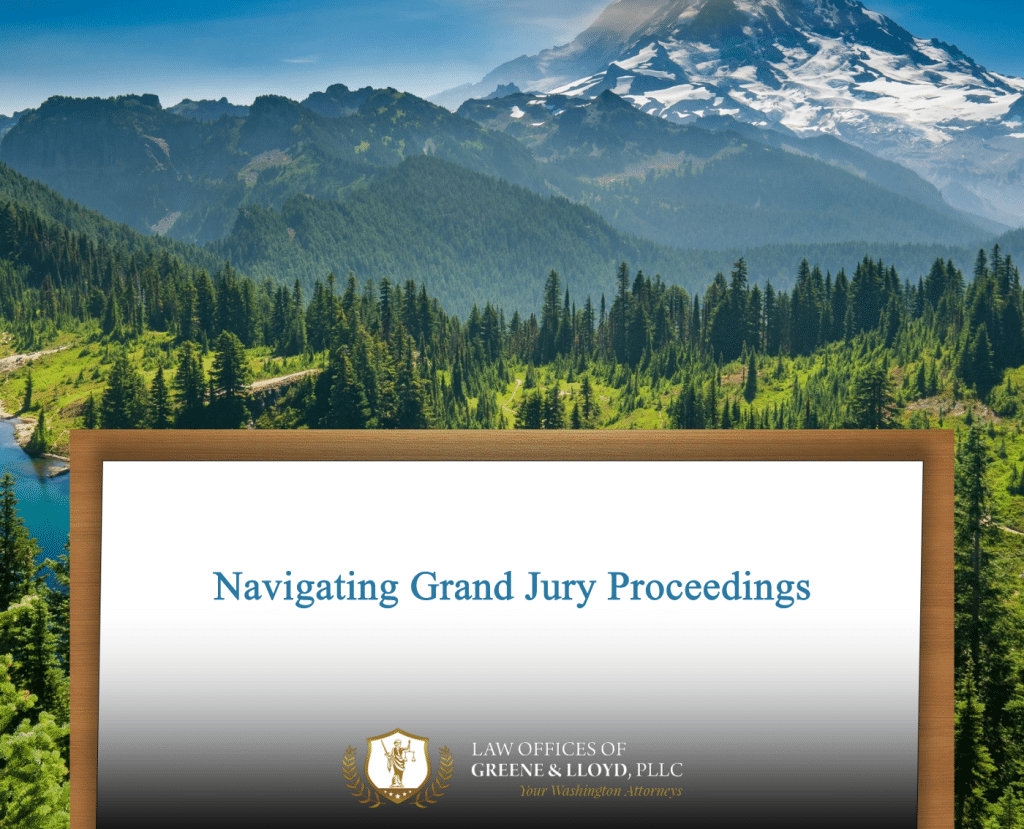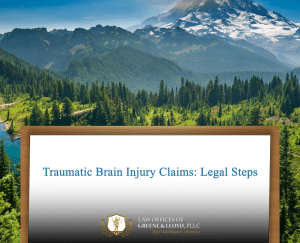Background – Exploring Grand Jury Proceedings
Grand Jury Proceedings are a critical part of the legal process in the United States, often shrouded in mystery and misunderstanding. These proceedings are convened to investigate potential criminal conduct and determine whether there is enough evidence to indict someone. Unlike regular jury trials, grand juries do not determine guilt or innocence; instead, they assess whether there is probable cause to bring charges. For instance, in high-profile cases such as political scandals or organized crime, grand juries can function as investigative bodies that gather evidence before a formal trial begins. The secrecy surrounding these proceedings often leaves individuals feeling anxious and confused about what to expect and how to prepare.
Significance of Grand Jury Proceedings
Understanding Grand Jury Proceedings is essential for numerous reasons, as it directly impacts individuals involved in legal cases. The consequences of what happens during these proceedings can be far-reaching. For instance, if a grand jury decides to indict an individual, they will face a criminal trial, which can lead to severe penalties, including imprisonment. On the other hand, if a grand jury finds insufficient evidence, the individual may avoid charges altogether, allowing them to resume their lives without the burden of a lengthy trial process. Moreover, the grand jury’s decision affects public perception and can bring significant media attention, amplifying the stakes for the individuals involved.
- If a grand jury indicts a public figure, this can lead to public ramifications, such as loss of employment and damage to reputation.
- In cases involving law enforcement, a grand jury’s decision not to indict can spark significant public outrage and protests.
- A finding of no indictment can restore an individual’s reputation, allowing them to reintegrate into society without stigma.
Comprehending How Grand Jury Proceedings Function in Washington
- Step 1: A prosecutor presents evidence and witnesses to the grand jury in a closed session without the presence of the defendant.
- Step 2: Grand jurors deliberate in private to determine whether sufficient evidence exists to warrant an indictment.
- Step 3: If enough jurors vote to indict, charges are filed; if not, the case may be dismissed or closed.
Tips for Effectively Managing Grand Jury Proceedings
Common Questions About Grand Jury Proceedings in Washington
How Greene and Lloyd Law Offices Assist Clients
At Law Offices of Greene and Lloyd, we understand how daunting Grand Jury Proceedings can be for individuals facing criminal charges. Our experienced legal team provides comprehensive support, guiding clients through every aspect of the process. With years of practice, we are adept at analyzing evidence, advising on the best course of action, and advocating fiercely on our clients’ behalf. This personalized attention not only strengthens your case but also offers peace of mind. Our dedication to achieving the best possible outcomes means that we are always ready to support you every step of the way.




